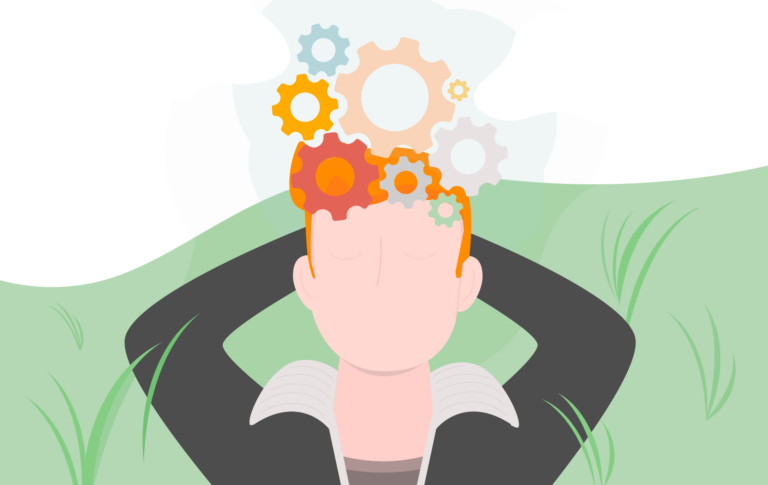Why the workplace needs emotional intelligence: ideas and research for HR professionals
Emotional intelligence ( EI ) is simply having the capacity to be aware of and manage your own emotions. EI plays a big role in how you react both internally and externally to situations and it also affects the way we handle interpersonal relationships. If you’re emotionally intelligent, you’re able to appreciate the impact of your own emotions on yourself and on those around you.
It’s no surprise then that emotional intelligence has been under some scrutiny as something that could make a big difference in the workplace. If a high emotional quotient (EQ, the measure of emotional intelligence) means someone is likely to handle interpersonal relationships empathetically, it makes sense to think emotional intelligence could make a big difference to both personal and professional success.
1. EQ doesn’t automatically increase further up an organisation
Emotional Intelligence consultancy TalentSmart carried out research looking at the emotional intelligence profiles of over a million people in their database. They examined the profiles of a huge range of employees – from manual grades all the way up to CEO level.
At first, they saw EQ scores increase in line with movement up the corporate ladder suggesting that people with higher EQ scores tend to move into middle manager position due at least in part to an ability to work well with others. But intriguingly, beyond this point scores then started to fall. In general, CEOs were found to have the lowest EQ scores of all. However, there were exceptions. The CEOs who stood out as having the highest EQ levels were also the best performing overall.
How should companies interpret this data? The researchers suggest it indicates there’s a tendency to over rely on metrics once making appointment decisions beyond middle management. While these are important indicators, if not balanced by considering a leader’s emotional capacity to inspire others and carry them on the journey with them, they will not make a success of their role. The researchers suggest the best time is start introducing EQ boosting strategies is well before anyone’s being considered for roles beyond middle management.
2. Manager EQ levels can set the tone for a whole team’s creativity
Treat members of a team fairly and respectfully and it increases performance and creativity. In this research from Ross School of Business, the researchers looked at the effects of respectful engagement with other employees and discovered it facilitated relational information processing which in turn led to improved creative behaviours. This pattern replicated through four studies and showed the importance of respectful engagement at both individual and team levels and how essential having an awareness of the impact interactions are having on each another actually is.
3. Low emotional intelligence creates selfish behaviour in others
If employees are exposed to someone who lacks emotional intelligence, it can cause problems. Even relatively minor incidents like putting someone down or making belittling comments about someone’s capabilities can eat away at performance and wellbeing. Yale psychologists Adam Bear and David Rand developed a mathematical model that revealed people who are usually surrounded by, as this YaleNews article terms them, jerks end up learning intuitively to be selfish. Those people are less likely to think through their actions. Even if cooperation would pay off, they don’t bother doing it. It seems a lack of emotional intelligence can permeate an organisation so it’s in a company’s interest to find ways to tackle it.
4. Emotional intelligence creates a sense of support
In every workplace, there will be employees doing great work every day. Letting them know how valued they are helps build loyalty and inspires employees to work even harder. Perhaps one of the most powerful signs of all that someone has a high EQ is the supportive way they react when things don’t go to plan. Sure, this isn’t an in depth piece of research – but it’s a really nice illustration of emotional intelligence in action and how amazing it made someone feel.


 The winning psychology of owning your mistakes and apologizing at work
The winning psychology of owning your mistakes and apologizing at work
 The invisible productivity factors
The invisible productivity factors
 How Machias Savings Bank improved employee satisfaction and increased commitment to company values
How Machias Savings Bank improved employee satisfaction and increased commitment to company values